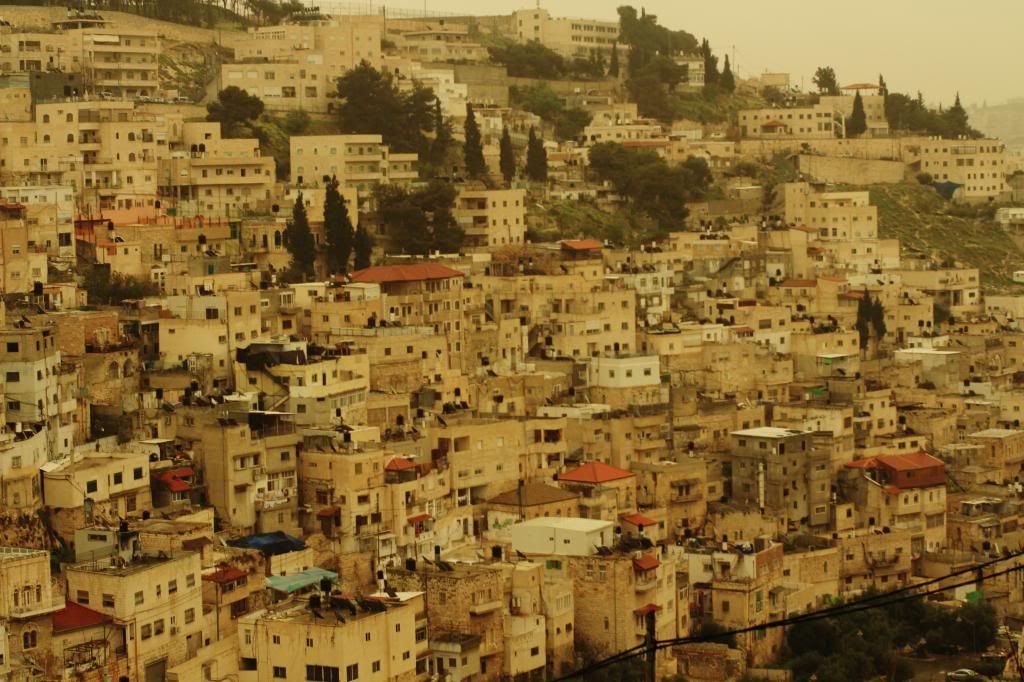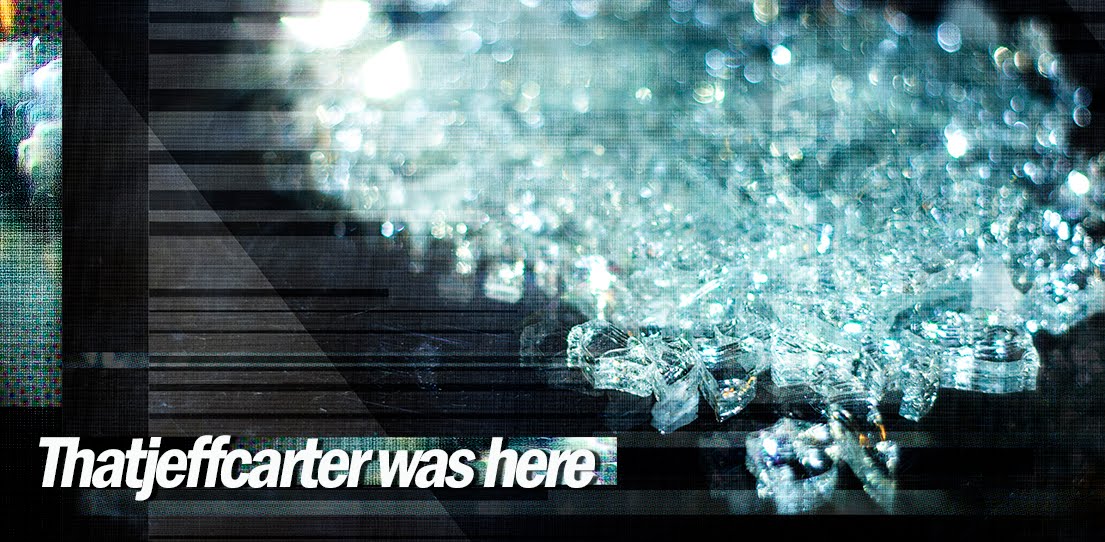Our local weekly bible study group has been working through the Psalms, wrestling with them, enjoying them, and finding discomfort in them as well as comfort. Today we looked at Psalm 87, a “psalm of the sons of Korah” in praise of Jerusalem – Zion – the city of God. It is a short psalm – 7 verses – but even in that brevity it is filled with translation difficulties and profound theological and even political implications. It’s not a psalm to breeze through.
 The psalmist begins with a description of Zion’s (a poetic name for Jerusalem)
idealized past as city founded and built by God upon the holy mountains. This is an
idealized picture of Jerusalem’s past. We know that that Jerusalem was
originally built by the Jebusites – I don’t think that there are any (or if
there are, there aren’t many) who believe that God literally came down from
heaven and physically hefted the stones into place himself.
The psalmist begins with a description of Zion’s (a poetic name for Jerusalem)
idealized past as city founded and built by God upon the holy mountains. This is an
idealized picture of Jerusalem’s past. We know that that Jerusalem was
originally built by the Jebusites – I don’t think that there are any (or if
there are, there aren’t many) who believe that God literally came down from
heaven and physically hefted the stones into place himself.
It is the city that he
loves more than all the other dwellings of Jacob. And it is there in that beloved city, God
speaks glorious wonderful things. He inhabits the city, dwells therein and he
speaks from there.
Selah
Let’s pause there to think about that. These ideas ring backward and forward through the scriptures, from the prophets’ visions of Zion as the mountain of God to the New Testament’s assertion that Abraham went searching for the city with foundations whose architect and master builder was God himself (Hebrews 11:10).
If the opening lines of this psalm begin with the city of Zion’s idealized past, the middle section of the Psalm (verses 4-6) describes its idealized future as a time when the various peoples of the world are united in Jerusalem – even (or especially) her enemies. People from Egypt (somewhat cryptically referred to as Rahab – the twisting primeval sea monster that repeatedly devoured Israel (see Isaiah 30:7 and Psalm 89:10) Babylon, Philistia, Tyre, and Cush are all declared “to have been born there” in Zion. Zion is their mother (as the LXX translation of verse 5 indicates – and to which the apostle Paul may have been referring in Galatians 4:26).
Selah
Let’s pause there to think about that. These ideas ring backward and forward through the scriptures, from the prophets’ visions of Zion as the mountain of God to the New Testament’s assertion that Abraham went searching for the city with foundations whose architect and master builder was God himself (Hebrews 11:10).
If the opening lines of this psalm begin with the city of Zion’s idealized past, the middle section of the Psalm (verses 4-6) describes its idealized future as a time when the various peoples of the world are united in Jerusalem – even (or especially) her enemies. People from Egypt (somewhat cryptically referred to as Rahab – the twisting primeval sea monster that repeatedly devoured Israel (see Isaiah 30:7 and Psalm 89:10) Babylon, Philistia, Tyre, and Cush are all declared “to have been born there” in Zion. Zion is their mother (as the LXX translation of verse 5 indicates – and to which the apostle Paul may have been referring in Galatians 4:26).
From the South, the
East, the West and the North these various peoples are drawn to the city of
Zion and are declared by God himself to be natural born citizens, with all the
rights and privileges that title entails.
That they are enemies and gentiles isn’t even mentioned, that they
acknowledge (Hebrew – yadah – “know”
or “understand” or “have experienced”) God.
Some say that this
psalm is a “prophecy” – and by that they mean that it is a divinely inspired prediction
of what will actually, surely happen at some point in the not very far off
future… I don’t hold to that particular understanding of “prophecy” and instead
understand this psalm as a vision – a hope – a dream of what the idealized,
city of Zion can be – what the city of Jerusalem could become.
And here we Selah pause again.
How difficult it is to accept strangers and enemies as compatriots – as brothers. And yet it is here, in this unity that God makes the city of Zion secure. Think on that as you drive through the barbed wire gates of a military checkpoint.
The final verse – in most translations – says something about singing and dancing, and springs or fountains being there in the city – a picture of celebration and gaiety. There is laughter and music and joy in this united city.
But Mitchell Dahood, translator for the Psalms in the Anchor Bible series of commentaries – takes a different tack. His translation of verse 7 reads:
And all who have suffered in you
will sing as well as dance. (Dahood, 300) [i]
I like this translation – though others have said that “while [it is] attractive theologically, [it] is not defensible exegetically.” [ii] Even so. Theologically, experientially, and not the least, emotionally – it rings true. Having just returned from Israel, and from the city of Jerusalem, with the picture of heavy concrete walls and barbed wire fences and military checkpoints still fresh in my mind, I choose to accept this translation, even if it is a minority one. All who have suffered from this lack of unity and brotherhood will one day – I hold out hope for this – sing as well as dance in the city of Zion.
UPDATE: - I realize that I wasn't as clear as I could have been. Dahood bases his translation of this verse on the Syriac. See the Syriac Peshito Version of the Psalms - page 187
We have not yet realized the psalmist’s idealized vision of the united city of Zion. There is no unity or common brotherhood in the heavenly city of Zion. She is not yet the mother of us all. Not yet. So until then I continue to hold on to this psalm for all who have suffered in Zion, praying for the day when we shall be gathered from the east and from the west to sit down in the kingdom of God.
And here we Selah pause again.
How difficult it is to accept strangers and enemies as compatriots – as brothers. And yet it is here, in this unity that God makes the city of Zion secure. Think on that as you drive through the barbed wire gates of a military checkpoint.
The final verse – in most translations – says something about singing and dancing, and springs or fountains being there in the city – a picture of celebration and gaiety. There is laughter and music and joy in this united city.
But Mitchell Dahood, translator for the Psalms in the Anchor Bible series of commentaries – takes a different tack. His translation of verse 7 reads:
And all who have suffered in you
will sing as well as dance. (Dahood, 300) [i]
I like this translation – though others have said that “while [it is] attractive theologically, [it] is not defensible exegetically.” [ii] Even so. Theologically, experientially, and not the least, emotionally – it rings true. Having just returned from Israel, and from the city of Jerusalem, with the picture of heavy concrete walls and barbed wire fences and military checkpoints still fresh in my mind, I choose to accept this translation, even if it is a minority one. All who have suffered from this lack of unity and brotherhood will one day – I hold out hope for this – sing as well as dance in the city of Zion.
UPDATE: - I realize that I wasn't as clear as I could have been. Dahood bases his translation of this verse on the Syriac. See the Syriac Peshito Version of the Psalms - page 187
We have not yet realized the psalmist’s idealized vision of the united city of Zion. There is no unity or common brotherhood in the heavenly city of Zion. She is not yet the mother of us all. Not yet. So until then I continue to hold on to this psalm for all who have suffered in Zion, praying for the day when we shall be gathered from the east and from the west to sit down in the kingdom of God.
They shall come from the east,
they shall come from
the west,
And sit down in the
Kingdom of God;
Both the rich and the
poor,
the despised, the
distressed,
They'll sit down in the
Kingdom of God.
And none will ask what
they have been
Provided that their
robes are clean;
They shall come from
the east,
they shall come from
the west,
And sit down in the
Kingdom of God.
2.
They shall come from
the east,
they shall come from
the west,
And sit down in the
Kingdom of God;
To be met by their
Father and welcomed and blessed,
And sit down in the
Kingdom of God.
The black, the white,
the dark, the fair,
Your color will not
matter there;
They shall come from
the east,
they shall come from
the west,
And sit down in the
Kingdom of God.
3.
They shall come from
the east,
they shall come from
the west,
And sit down in the
Kingdom of God;
Out of great
tribulation to triumph and rest
They'll sit down in the
Kingdom of God.
From every tribe and
every race,
All men as brothers
shall embrace;
They shall come from
the east,
they shall come from
the west.
And sit down in the
Kingdom of God.
(General John Gowans – originally written for the Salvation Army musical The Blood of the Lamb, 1977.)




No comments:
Post a Comment